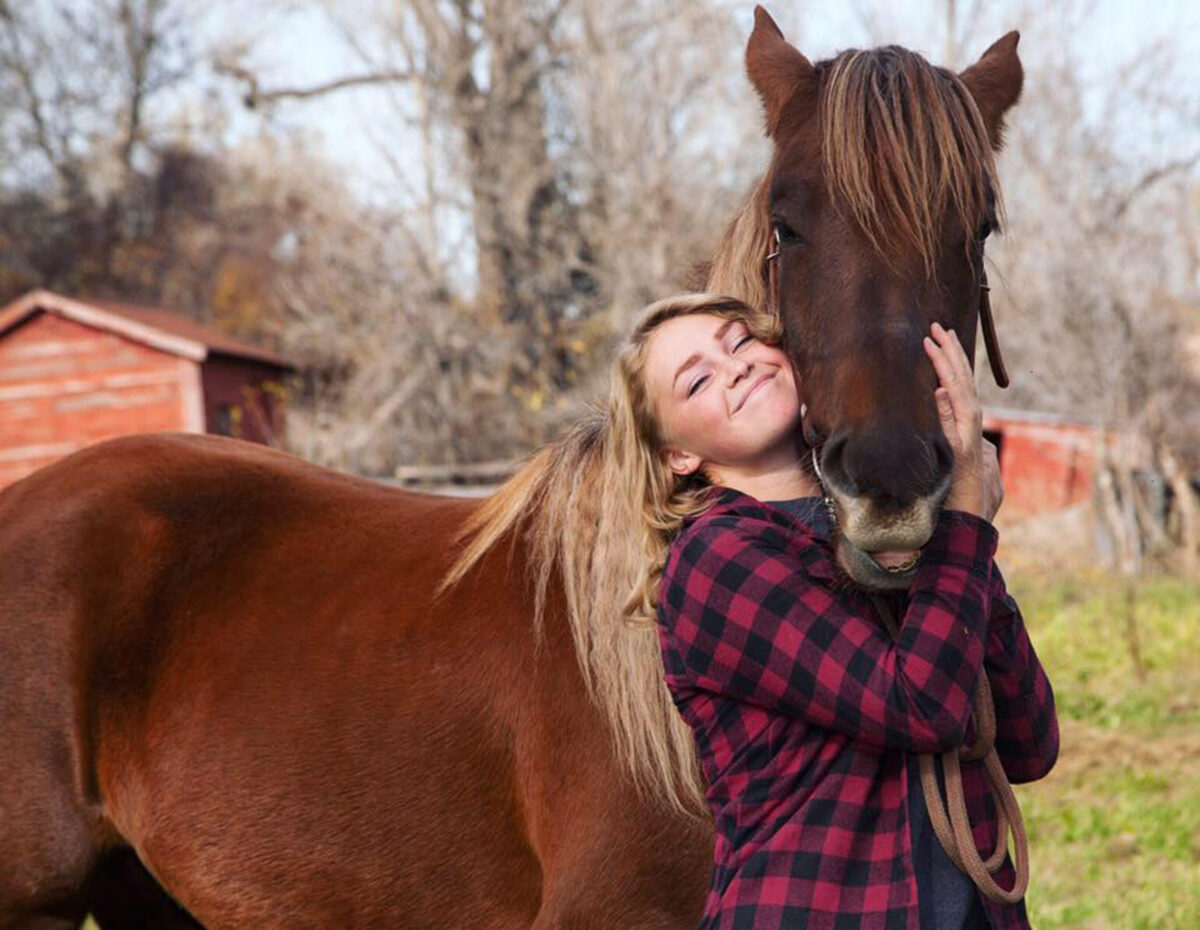Imagine walking through a forest and feeling an unexpected touch on your shoulder, only to turn around and find a chimpanzee extending its hand toward you in friendship. This incredible moment isn’t science fiction – it’s the remarkable reality of how certain animals form profound, lifelong bonds with humans. Throughout history, these extraordinary relationships have shaped our understanding of what it truly means to connect across species barriers.
The phenomenon of animals bonding with humans isn’t just about companionship or basic survival needs. It’s about something much deeper – a genuine emotional connection that transcends the traditional predator-prey relationships we see in nature. These similarities have been described within the framework of human attachment theory, whose patterns of relationships may also be applied to the formation and maintenance of people’s bond with their companion animals.
Dogs: Humanity’s Most Devoted Partners
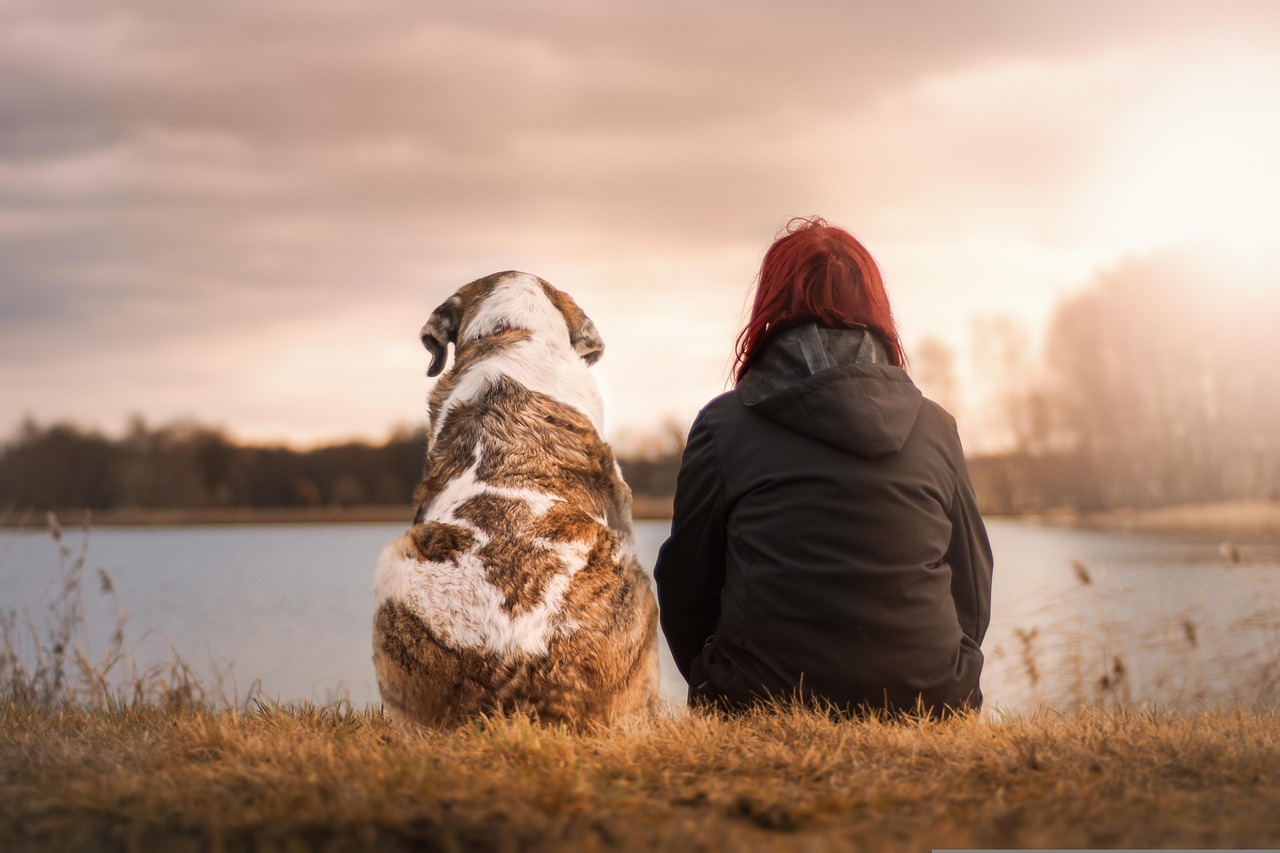
When people think about animals that bond with humans for life, dogs instantly come to mind – and for good reason. This is often observed in human-canine friendships in which dogs benefit by being cared for and offered love and companionship from humans while humans benefit by receiving companionship, loyalty and love from their dogs. These remarkable creatures have evolved alongside humans for thousands of years, developing an almost supernatural ability to read our emotions and respond accordingly.
If you put in the work to help that dog, and if you can break that fear of humans, they’ll love you forever for it. Even rescue dogs with traumatic backgrounds can form incredibly deep bonds with the right human companion. For example, qualities of sociality include lifelong attachment, reduced intra-group aggression, enhanced cooperation. This lifelong attachment isn’t just one-sided – dogs genuinely become integrated members of human families, offering protection, comfort, and unwavering loyalty.
Horses: Majestic Bonds Built on Trust
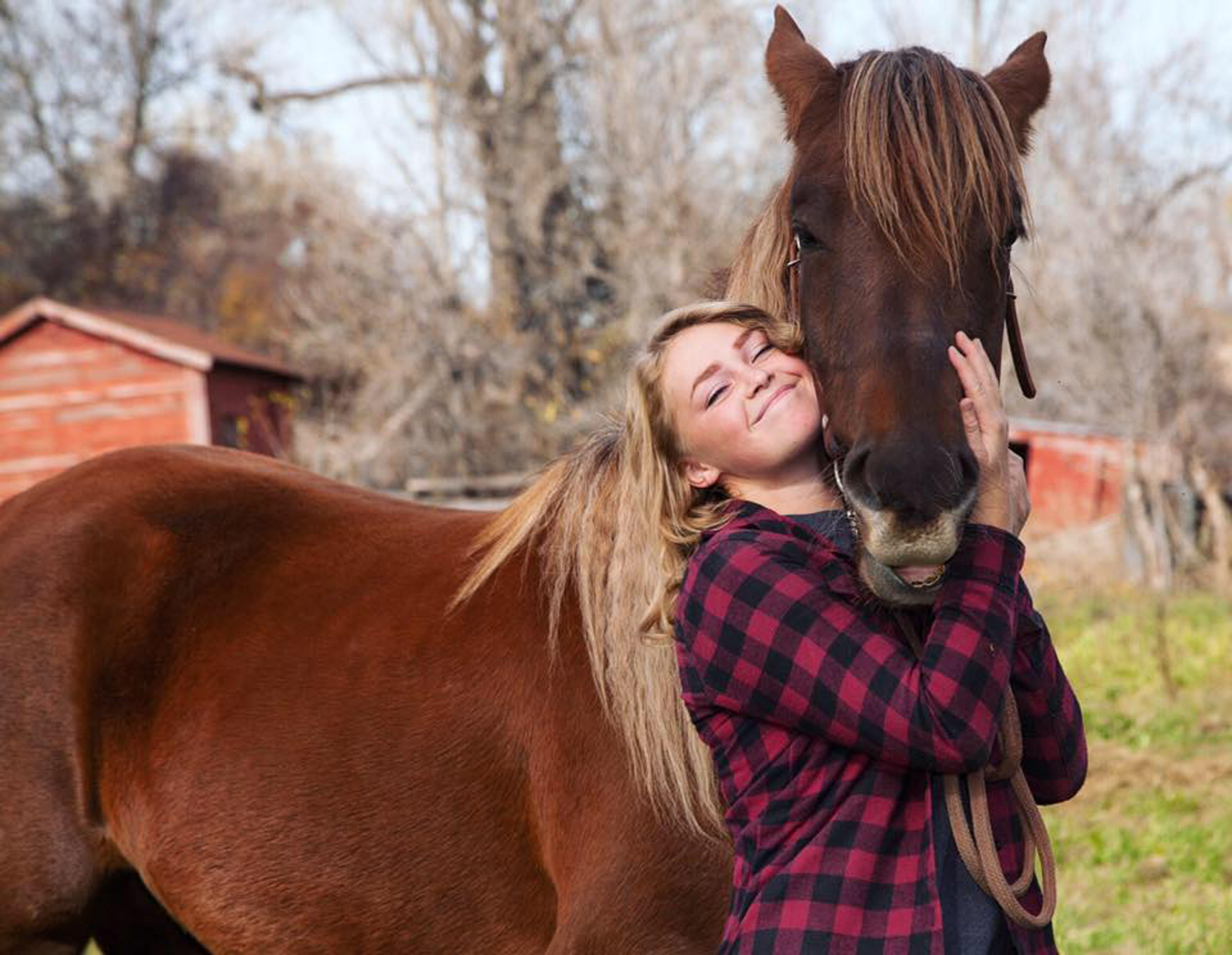
The relationship between horses and humans represents one of the most profound interspecies connections in the animal kingdom. Few animals can bond with a human being as well as a horse. Unlike many other domesticated animals, horses choose their human partners carefully, and once trust is established, the bond can last for decades.
Friendships between humans and domesticated horses are often observed and occur when the horse is willing to allow the person into its flight distance and personal space through friendly interactions such as grooming, scratching and rubbing. Horses are social animals and once a person is accepted into their personal space, they become a part of their social system. This integration into the horse’s social structure creates a unique dynamic where both species benefit emotionally and physically. Horses are second only to dogs in their historical tie to humans, and while some consider them a more utilitarian beast, many are treated as large adult pets capable of forming significant bonds, with many horses only responding to a specific rider.
Cats: Independent Yet Deeply Connected

While cats often get a reputation for being aloof and independent, they’re actually capable of forming incredibly strong bonds with their human companions. Even though they often seem aloof, it turns out cats are actually tuned into us in a significant way. New research has found the first strong evidence that cats are sensitive to human emotional gestures and can read facial expressions. The longer they live with us the greater this capability becomes.
Cat owners often consider their cat as an integrated part of their family and indicate that they are easy to care for and engage in social behaviours such as allowing humans to hold, pet and play with them. Mutual affection and bonding is displayed between cats and their owners, indicating a sense of friendship. These relationships often develop slowly but become incredibly strong over time, with cats showing preference for their chosen humans and displaying genuine affection through purring, head bonding, and spending quality time together.
Elephants: Gentle Giants with Emotional Depth
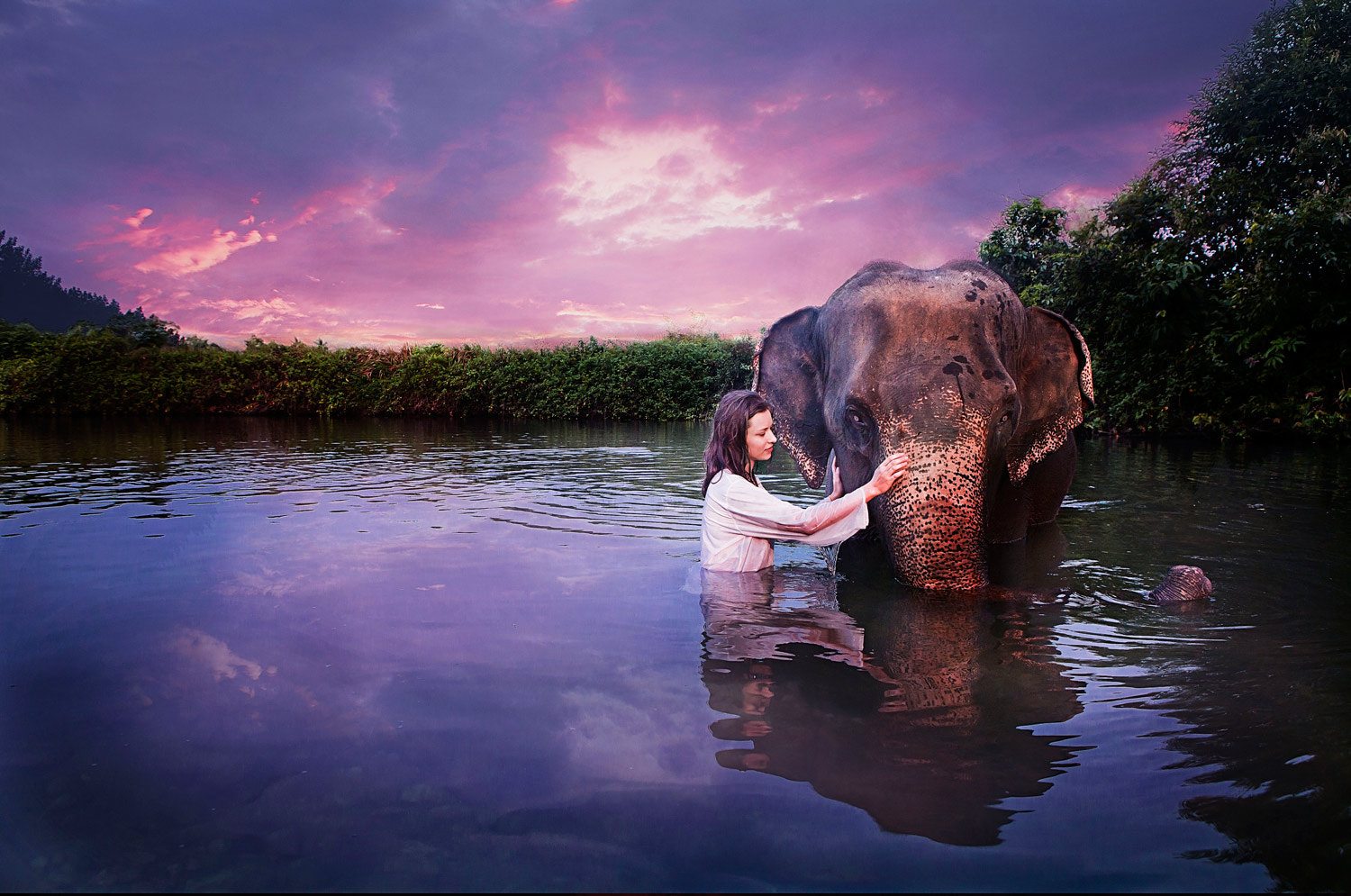
Elephants possess one of the most complex emotional ranges in the animal kingdom, making them natural candidates for forming deep connections with humans. Elephants form close, lifelong friendships, often exhibiting behaviors such as helping each other, showing empathy, and mourning lost companions. This emotional sophistication extends to their relationships with humans, particularly in sanctuary and research environments.
They form deep, lifelong bonds with each other, and these connections extend to humans, especially in sanctuaries or research settings. These primates are known for their complex social structures and their ability to empathize with the emotions of others. The remarkable memory abilities of elephants mean they can remember specific humans for decades, recognizing their caretakers even after long separations. Their gentle nature, combined with their intelligence and emotional awareness, creates the foundation for truly extraordinary human-elephant relationships.
Dolphins: Ocean’s Most Social Geniuses
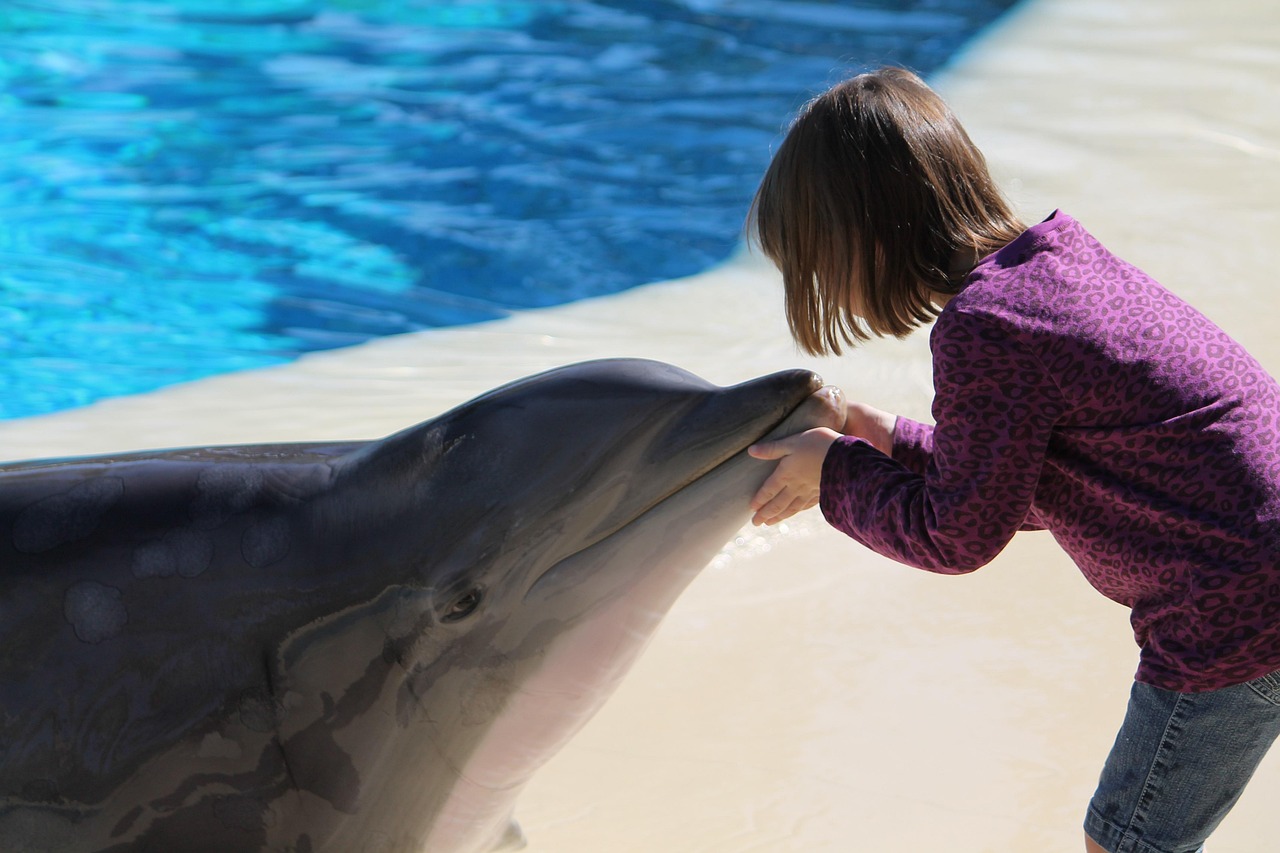
Perhaps no marine animal captures the imagination quite like dolphins when it comes to forming bonds with humans. Dolphins are among the most intelligent creatures on Earth, and their social nature makes them incredibly adept at connecting with humans. They are known to engage in playful behavior, often interacting with humans in ways that suggest curiosity and joy.
The remarkable memory feat is another indication that dolphins have a level of cognitive sophistication comparable to only a few other species, including humans, chimpanzees and elephants. Dolphins’ talent for social recognition may be even more long-lasting than facial recognition among humans, since human faces change over time, but the signature whistle that identifies a dolphin remains stable over many decades. These incredible marine mammals can remember individual humans for decades, forming friendships that transcend the typical boundaries between species.
Chimpanzees: Our Closest Relatives

Chimpanzees share an astounding amount of genetic material with humans, making their capacity for bonding with us particularly fascinating. Humans share 99 percent of our DNA with chimps, so this should come as no surprise. This genetic similarity translates into behavioral and emotional connections that can be startlingly human-like.
In response, the dominant individual is more likely to give the subordinate comforting cuddles, kisses, or embraces. Chimpanzees require friendly physical contact in order to maintain strong bonds. The physical affection that chimpanzees show mirrors human behavior in remarkable ways. Goodall’s friendship with David Greybeard and other chimpanzees like Flo and Fifi provided invaluable insights into the social relationships, hierarchies, and family bonds within chimpanzee communities. These relationships were instrumental in revealing the depth of chimpanzee emotional life, including their capacity for love, grief, and compassion.
Gorillas: Gentle Giants with Complex Emotions

Despite their imposing size, gorillas are remarkably gentle creatures capable of forming deep emotional connections with humans. Gorillas share 98.3% of their DNA with humans, making them our closest cousins after chimpanzees and bonobos. These charismatic, intelligent animals often surprise us with behaviors and emotions so similar to our human experience.
Gorillas have more complex social structures than previously thought, from lifetime bonds forged between distant relations, to “social tiers” with striking parallels to traditional human societies. Their ability to form complex social relationships with their own species extends to humans as well. In sanctuary and research settings, gorillas have been known to develop preferences for specific humans, showing clear signs of affection and recognition that can last for years.
Parrots: Feathered Friends with Surprising Emotional Intelligence

Parrots possess a unique combination of intelligence, longevity, and social needs that make them exceptional candidates for forming lifelong bonds with humans. Parrots are intelligent, social, and often affectionate creatures that form deep connections with their human companions. These birds are capable of mimicking human speech, which allows them to communicate in ways that strengthen the bond they share with their owners.
Whereas dogs will love you like a sibling or perhaps a best buddy, a parrot loves you in the same way that an insecure, obsessive ex loves you. This intense attachment can last for decades, as many parrots live 50 years or longer. Their ability to communicate verbally creates a unique dynamic where they can actually “talk” to their human companions, expressing needs, wants, and even emotions through learned speech patterns and vocalizations.
Pigs: Surprisingly Intelligent and Emotionally Aware
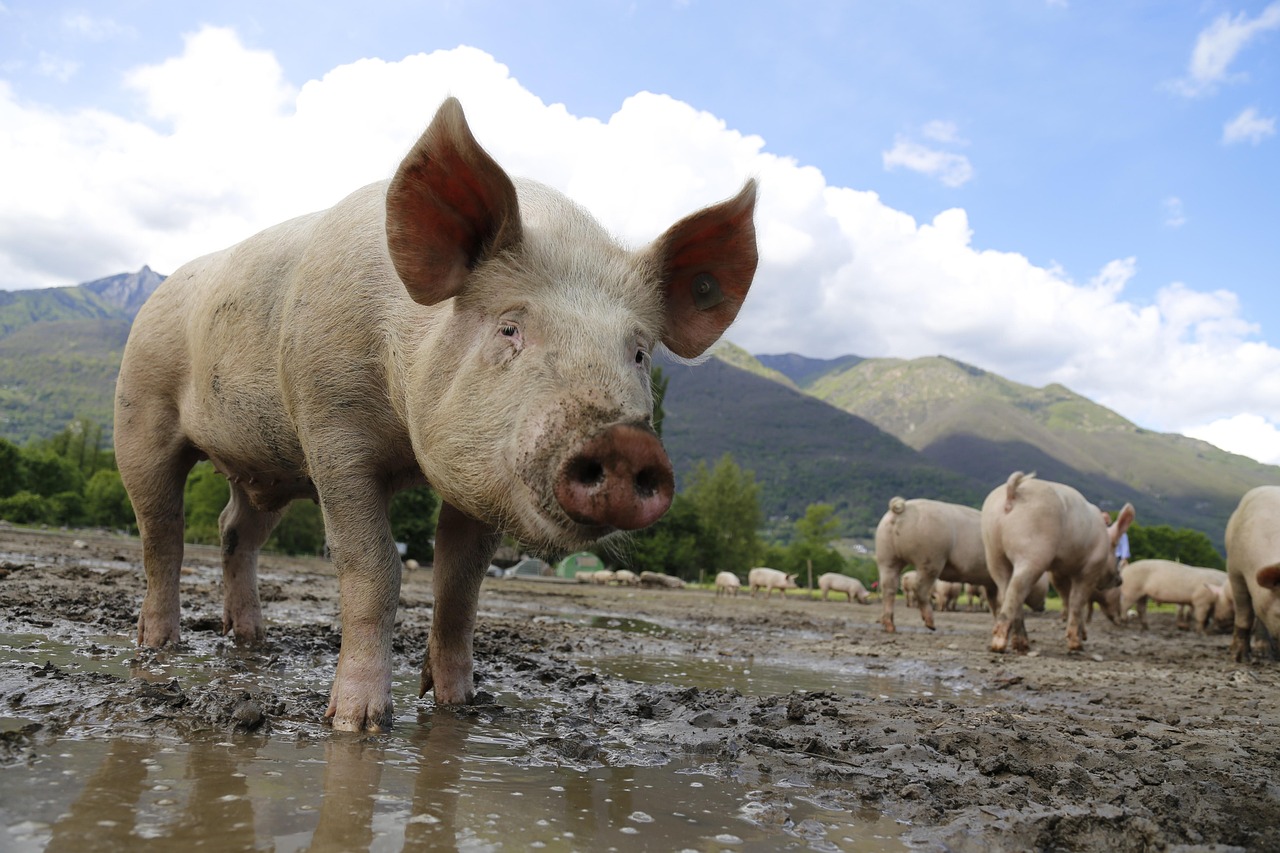
Often underestimated, pigs possess remarkable intelligence and emotional complexity that allows them to form genuine bonds with humans. Pigs can form strong bonds with each other, preferring the company of certain individuals over others. These friendships can manifest in behaviors such as playing together, grooming each other, and sleeping close to one another.
Pigs are the classic example of an animal that surprises many people with their intelligence. Pigs are so smart that they can play simple video games, as proven by four pigs at Purdue University’s Center for Animal Welfare Research. Their cognitive abilities extend to forming emotional connections with humans, recognizing individual people, and responding to their caregivers’ emotions. Their ability to form close-knit social groups and express emotions like happiness, sadness, and grief paints a vivid picture of their inner world.
Ravens and Crows: Dark-Feathered Companions

The corvid family, including ravens and crows, demonstrates some of the most advanced intelligence in the bird kingdom, making them capable of forming surprisingly deep relationships with humans. Ravens have better planning skills than human toddlers. One study revealed that they could select a key from an array of objects that could be used to open a special box with a treat inside. They could find the correct key 90 percent of the time – and patiently wait a whopping 17 hours for the opportunity to use it to get a treat.
Some birds form lifelong pair bonds and these species tend to have the largest brains relative to body size. This intelligence translates into an ability to recognize individual humans, remember past interactions, and even show preferences for certain people. Ravens and crows have been known to bring gifts to humans who feed them regularly, demonstrating a level of reciprocal behavior that suggests genuine appreciation and connection.
Rats: Small Creatures with Big Hearts

Despite their unfortunate reputation, rats are highly social, intelligent animals capable of forming strong bonds with humans. They’re really smart, adding that they bond well with their owners. One indication for comfortability is that rats tend to not stray too far from their owners. So if you’re on the couch with them, they’ll often sit with you, or they may run around the couch, but they tend to never go too far from your side.
Often underestimated, rats form intricate social structures and exhibit profound empathy. Their social nature extends to humans, with pet rats often seeking out physical contact, playing games, and even learning their names. They can live for several years, allowing time for deep bonds to develop between rat and human companions.
Goats: Surprisingly Affectionate Farm Friends

Goats possess a playful nature and surprising intelligence that makes them excellent candidates for human bonding. These animals are naturally curious and social, often seeking out human interaction and developing preferences for specific people. Their expressive faces and vocal communication allow them to convey emotions and needs effectively to their human caretakers.
Many goat owners report that their animals recognize them by sight and sound, coming when called and showing obvious excitement when their favorite humans arrive. Goats can live 12-18 years, providing ample time for deep relationships to develop. Their playful antics and genuine affection make them unexpectedly rewarding companions for those willing to understand their needs.
Rabbits: Gentle Souls with Surprising Depth
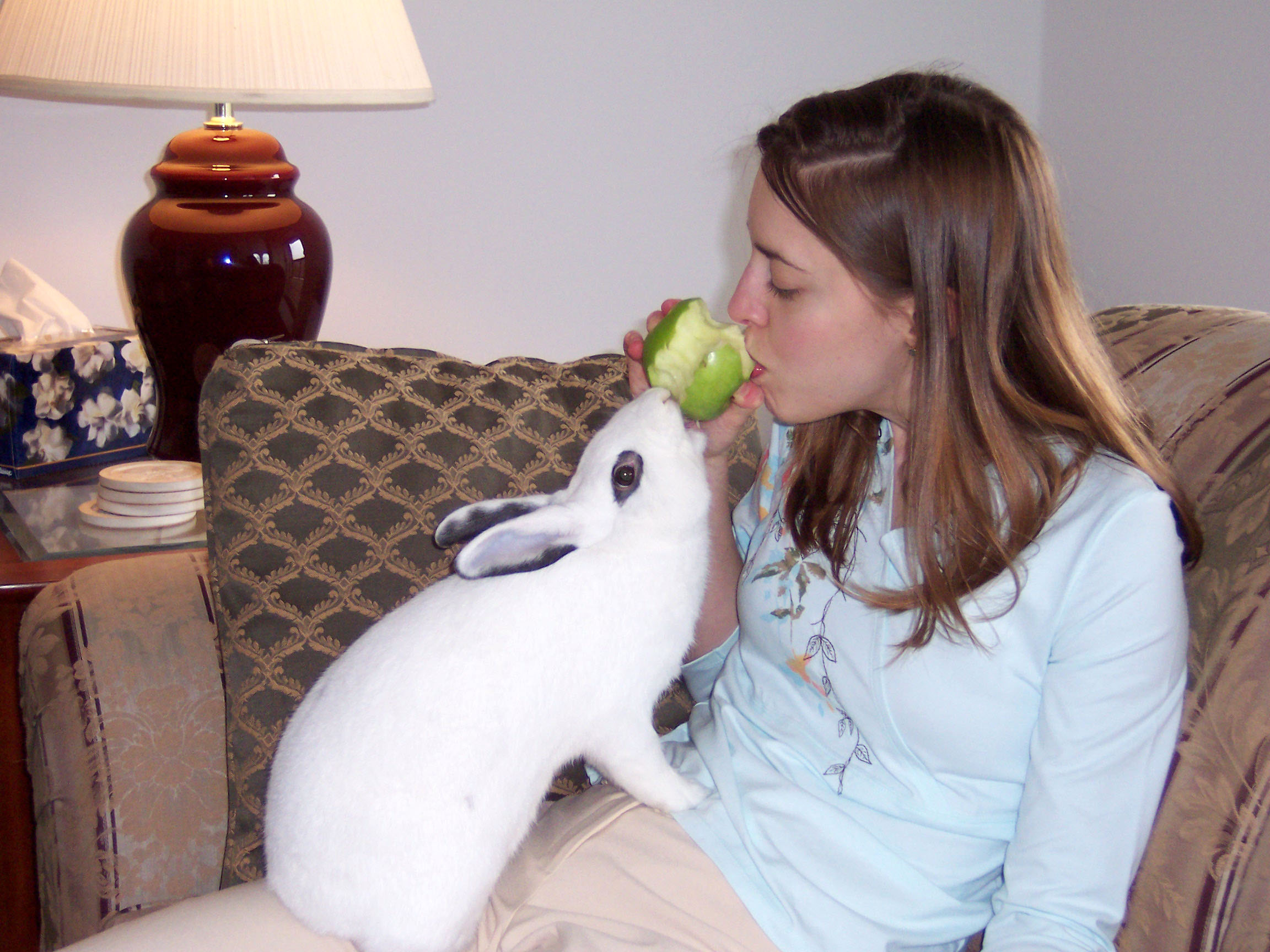
Rabbits are often overlooked as bonding animals, but they possess complex social structures and emotional needs that allow them to form meaningful connections with humans. Most of the multiple species of animals that we as humans have developed relationships with over the years are domesticated animals including dogs, cats, rabbits, and farm animals.
These soft, gentle creatures communicate through subtle body language and can learn to recognize their names, come when called, and even perform simple tricks. Rabbits typically live 8-12 years and can form incredibly strong bonds with patient, gentle humans. They show affection through grooming behavior, sitting close to their humans, and seeking out physical contact when comfortable.
Chickens: Feathered Friends with Individual Personalities

Chickens are far more intelligent and emotionally complex than most people realize, making them capable of forming genuine bonds with humans. Even if you haven’t looked deeply into a chicken’s eyes, if you were to do so, you might feel a connection. Because believe it or not, these guys are way smarter, more emotional, and cognitively complex than we give them credit for.
Each chicken has its own distinct personality, and many develop strong preferences for certain humans. They can recognize dozens of individual faces, remember positive and negative interactions, and even show empathy toward other chickens. When treated with kindness and respect, chickens often seek out human companionship, following their caretakers around and enjoying gentle handling.
Wolves: Wild Hearts That Remember Kindness

While wolves remain wild animals, those in sanctuary settings or raised from puppyhood can form incredibly strong bonds with their human caretakers. Wolf packs live within a strict social hierarchy, led by the alpha male and his mate, with whom he stays for life. This natural tendency toward lifelong bonding extends to their relationships with humans in appropriate circumstances.
Wolves possess incredible memory and emotional depth, allowing them to form lasting connections with humans who have earned their trust. These relationships require immense patience, understanding, and respect for the wolf’s wild nature, but when successful, they represent some of the most profound human-animal bonds possible.
Ferrets: Playful Companions with Lasting Loyalty

Ferrets combine the playfulness of puppies with the curiosity of cats, creating unique personalities that bond strongly with their human families. These intelligent, social animals live 7-10 years and develop distinct preferences for certain humans, often choosing a “favorite person” within a household.
Their playful nature makes them excellent companions for interactive games, and they often seek out human contact for both play and comfort. Ferrets are known to recognize their humans’ voices, come when called, and even show excitement when their favorite people return home. Their expressive faces and body language make it easy to read their emotions and respond appropriately.
Guinea Pigs: Small Pets with Big Personalities
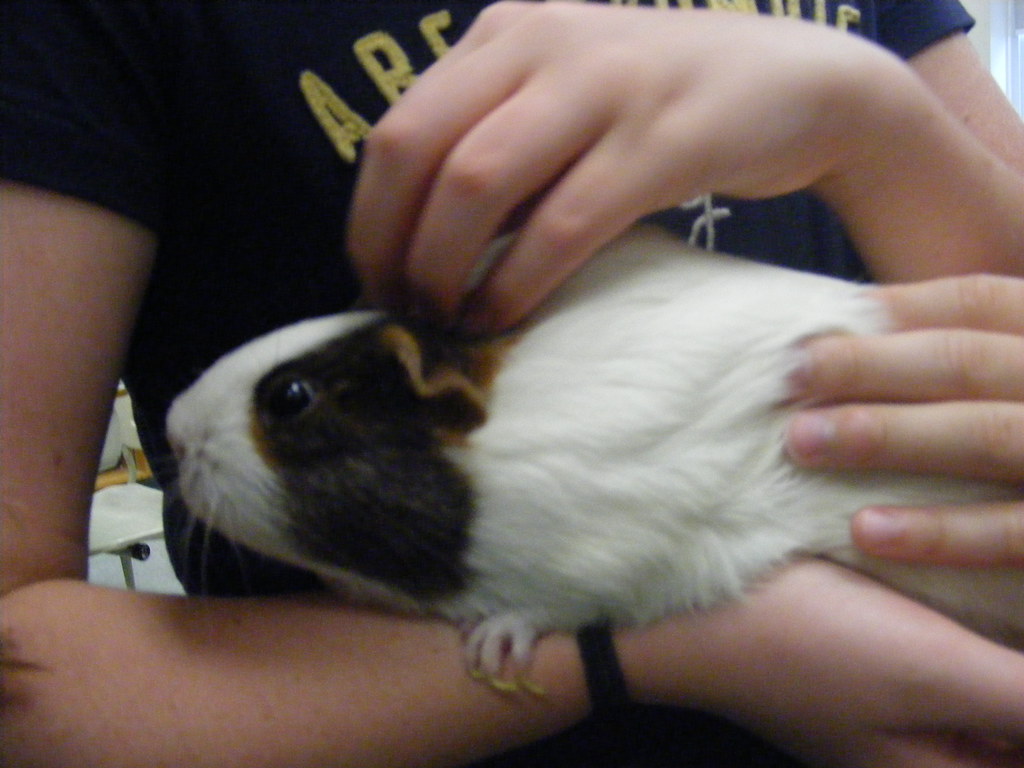
Guinea pigs may be small, but they possess surprisingly complex social needs and emotional intelligence that allows them to bond deeply with humans. These gentle creatures communicate through a variety of vocalizations, each conveying different emotions and needs to attentive human listeners.
Living 5-8 years on average, guinea pigs have enough time to develop meaningful relationships with their caretakers. They often show excitement when their favorite humans approach, calling out in recognition and seeking attention. Many guinea pig owners report that their pets show clear preferences for certain family members and display obvious affection through purring sounds and gentle nibbling.
Llamas and Alpacas: Gentle Giants with Discerning Hearts
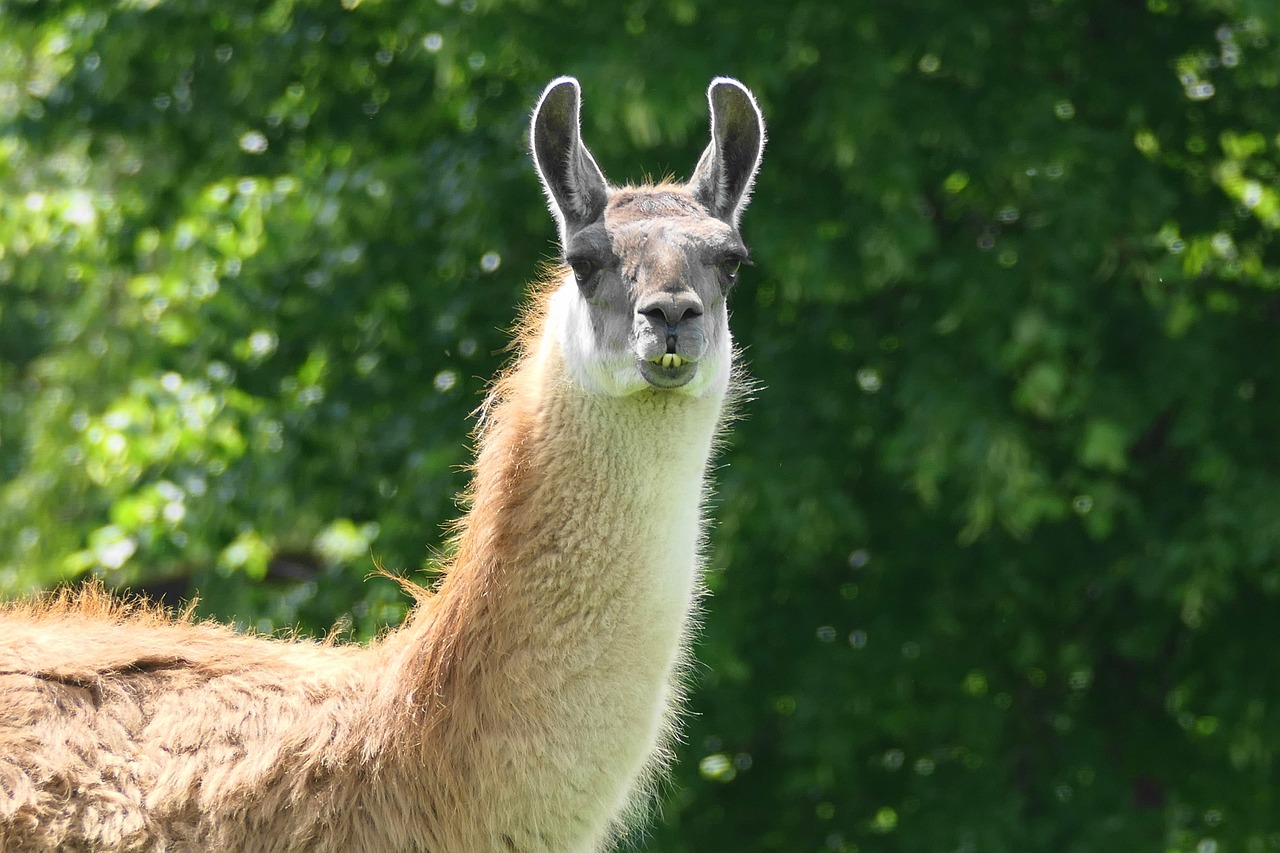
Llamas and alpacas possess a calm, gentle nature that allows them to form selective but strong bonds with humans. These intelligent animals are naturally curious and social, but they choose their human friends carefully. Once trust is established, the relationship can last for their entire 15-20 year lifespan.
These camelids communicate through body language, vocalizations, and gentle physical contact with their chosen humans. They’re known to recognize individual people from great distances and show obvious excitement when their favorites approach. Their gentle nature and intuitive understanding of human emotions make them excellent therapy animals and beloved companions.
Octopuses: Unlikely Ocean Companions

Despite being invertebrates, octopuses possess remarkable intelligence and curiosity that can lead to surprising connections with humans. Mysterious denizens of the deep, octopuses exhibit a wide array of emotions. Their curiosity and affection are matched by moments of frustration and withdrawal, painting a complex picture of emotional life. With ever-shifting colors and patterns, these cephalopods communicate their feelings in vibrant displays.
In aquarium settings, octopuses have been known to recognize individual caretakers, showing excitement when certain humans approach and displaying more reserved behavior with strangers. Their short lifespan (typically 1-2 years) limits the duration of these relationships, but the intensity of connection can be remarkable. They communicate through color changes and body postures, creating a unique form of interspecies dialogue.
The Science Behind Lifelong Animal-Human Bonds
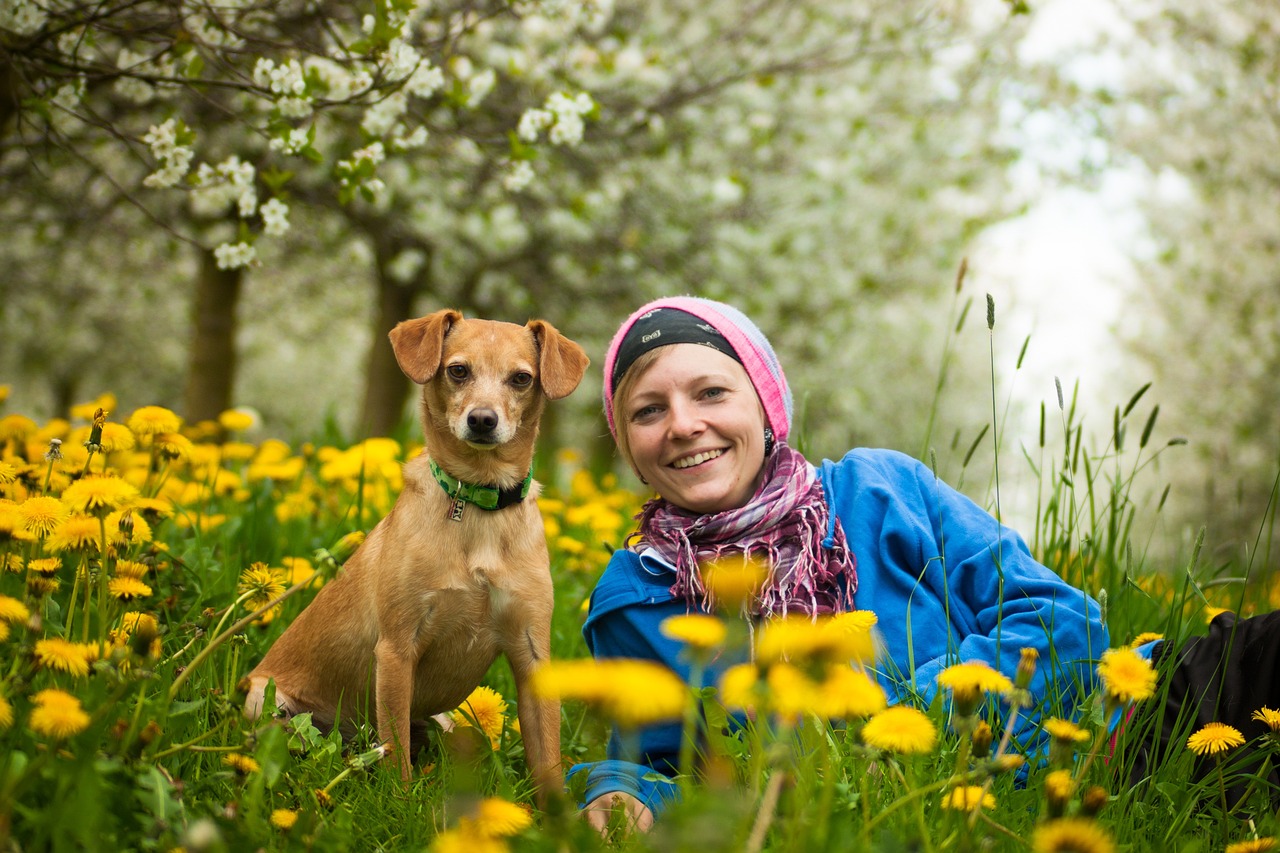
The biological foundation for these remarkable relationships lies in shared neurochemical processes between humans and many animal species. Here this evidence will be viewed also in the light of recent findings showing the primary role of facial cues in regulating human-dog bond through oxytocin secretion. Simply petting a dog or cat can trigger the release of oxytocin, a hormone that promotes relaxation and bonding.
The human-animal bond is so deep-rooted and self-evident that most scientists neglected to study it for decades. We now know that the loving relationships between domesticated animals and humans are bidirectional, bestowing health benefits on both man and beast. This mutual benefit system creates the foundation for relationships that can last decades, with both species gaining emotional, physical, and psychological advantages from their connection.
The magic of these lifelong bonds lies not just in their duration, but in their profound impact on both species involved. Whether it’s a dog’s unwavering loyalty, an elephant’s gentle wisdom, or a parrot’s chatty companionship, these relationships remind us that connection transcends species boundaries. In a world that often feels disconnected, these animal partnerships offer hope and demonstrate that love truly knows no boundaries.
What strikes you most about these incredible interspecies friendships? Isn’t it remarkable how love can bridge even the widest evolutionary gaps?
- 10 Facts about China’s Endangered “Smiling Angel” Desperately Fighting for Survival - August 22, 2025
- 11 Bizarre Things Hummingbirds Secretly Love (But Most Gardeners Ignore) - August 20, 2025
- 25 Habits That Secretly Shorten Your Life - August 20, 2025

